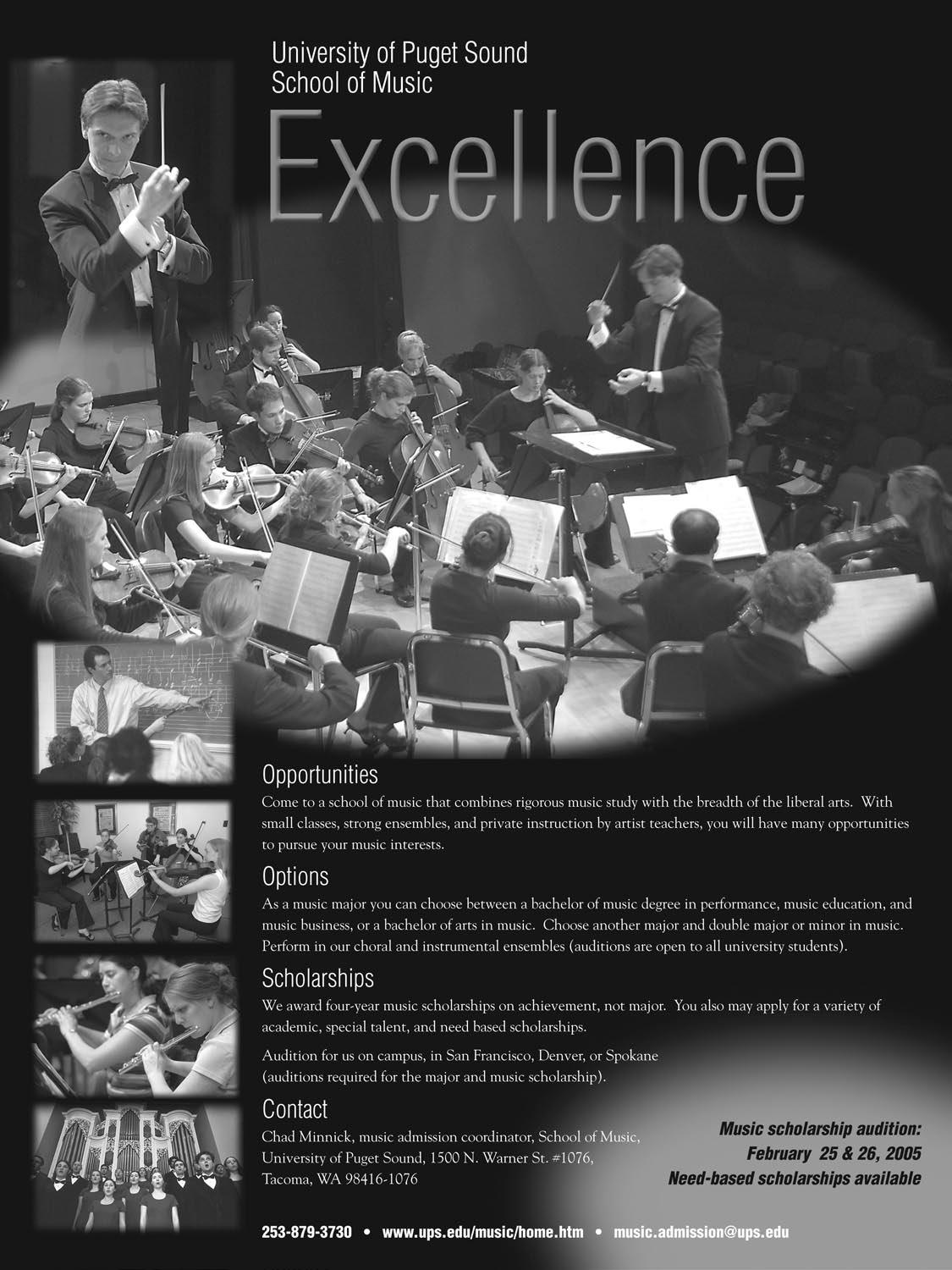
3 minute read
FirstVP’sColumnSteveZielke FirstVice-President

MusicFundamentalism
Advertisement
It seems that about every 10 years a back-to-basics movement in education is launched. Those of us who have seen more than one of these movements are rightly cynical about this kind of “educational progress.” The implication is that we need to get back to the important parts of education and rid ourselves of the frills and fluff. Such movements also seem to coincide with the call for budget cuts. It is in this environment that music educators might find themselves adrift. Simply put, the question comes to mind, “Are we really necessary?” Sure, we are valuable and worthwhile, but do we fill a basic need? Everyone likes music, but should this be where the State invests valuable and limited educational funding? Are we fundamental to a quality education?
We need a fixed point that can guide us through the daily battles and struggles. Here are four suggestions.
First, music is more than just a part of our culture. It is an essential part of what makes us uniquely human. If music education ended today, people would still sing and play. Songs would still be written, and music would still accompany every significant human ceremony, from birthdays and baptisms, to weddings and funerals. As a graduate student at Florida State University, I used to marvel at the 85,000 football fans who would sing the war chant in unison to a tremendous effect. It is not an accident that after 9-11, our country turned to community singing as a symbol of our spirit and unity. Music education does not exist because music needs it to survive; rather, it exists because we are a reflection of the human need and desire to commemorate the journey of life with music. We are simply the humble servants charged with the task of helping others along this journey.
Second, we make our schools better places. This is true not only in the practical sense in that we offer vocational training for future professional musicians but also we provide valuable music for athletic events, school ceremonies, and public concerts. While these are worthwhile benefits, a more fundamental value of music education is how the study of music affects our students. The discipline inherent in the long-term study of an instrument teaches patience and perseverance. The compromise and sacrifice of choosing the group sound over an individual sound is a key lesson in working toward group goals that is absolutely necessary for success in the professional world. The mental and emotional growth needed to understand complex poetry and its relationship to melody and harmony develops the kinds of cognitive skills needed to deal with difficult problems later in life. This is all accomplished through the filter of feeling as students respond to the emotional part of music. Sure, go head and supply music for graduation; it’s part of our job. But, don’t forget that the real service we provide is a fundamental educational opportunity that is unavailable in any other academic discipline.

Third, music is for every student, not just for elementary students, or the gifted, or the economically advantaged. If music is truly fundamental, then it benefits all students, and we serve our students best when we make access to opportunity a key part of our music programs. I am reminded of the MENC slogan from the early days of the conference, “Music for every child: every child for music.” It was a wonderful saying that served the conference well by reminding the profession that we need to fight for music opportunity for all students. If we want to combat the view of music education as a frill, then we need to demonstrate that music education enhances the education of all students.
Lastly, when we teach musical fundamentals, we provide students with building blocks that will be part of a life-long participation in music. These building blocks not only provide dynamic experiences in the near term that give students pride and enjoyment, but they also provide skills that will allow students to participate in music for a lifetime. When we short-change students and avoid the fundamentals, we steal that education from them. They deserve to have music making be a part of their life. We are there to help them along the way. All people will participate in music for a lifetime, but we are the link that provides for that opportunity to be a richer and fuller experience. Instead of listening to a band in the park, they will play in one. Instead of mumbling a hymn at church or faking happy birthday at a party, they will sing out with confidence. Instead of looking at the piano like an expensive piece of furniture, they will sit down and make music. The right to these kinds of skills is fundamental.
We are not a frill. We are not fluff. We are not an extra. We are not just for the musically gifted or the socio-economically advantaged. We are not a hobby or a toy. We are not background music. We are not entertainment. We are fundamental.







